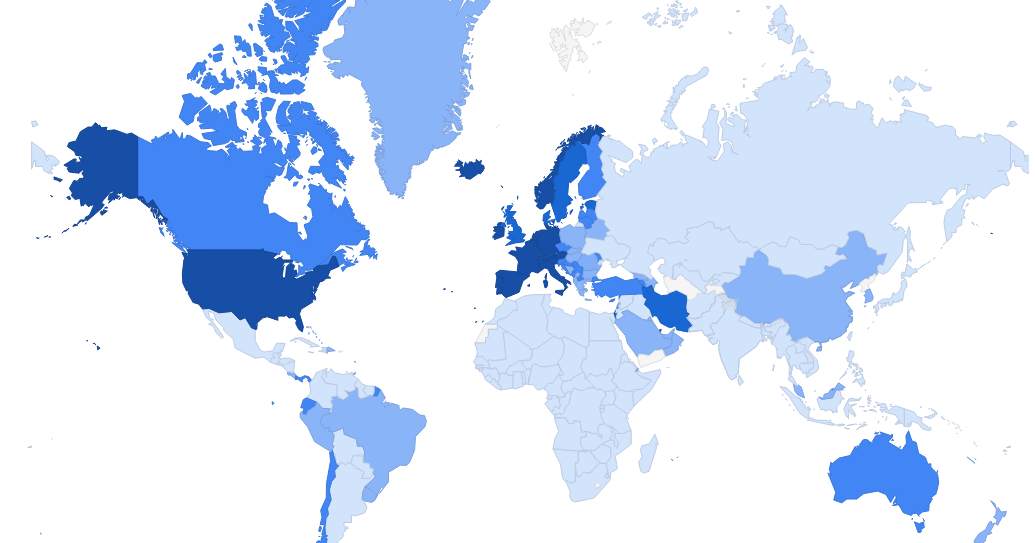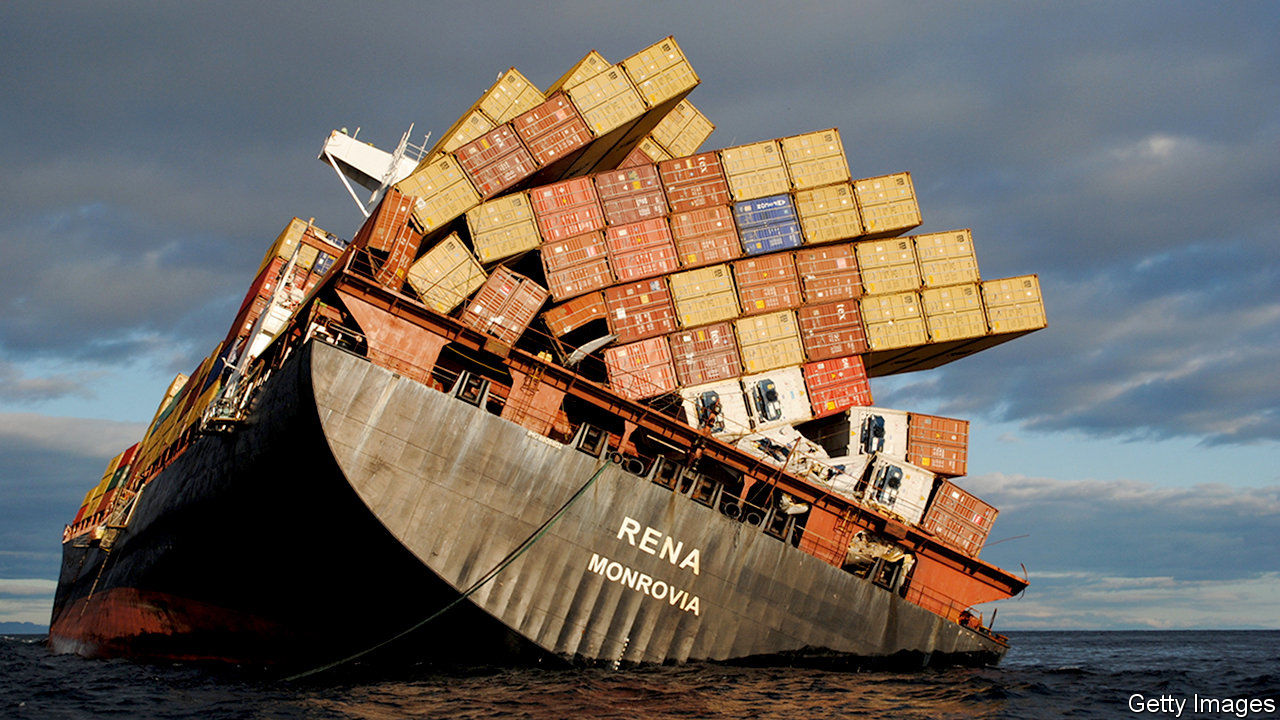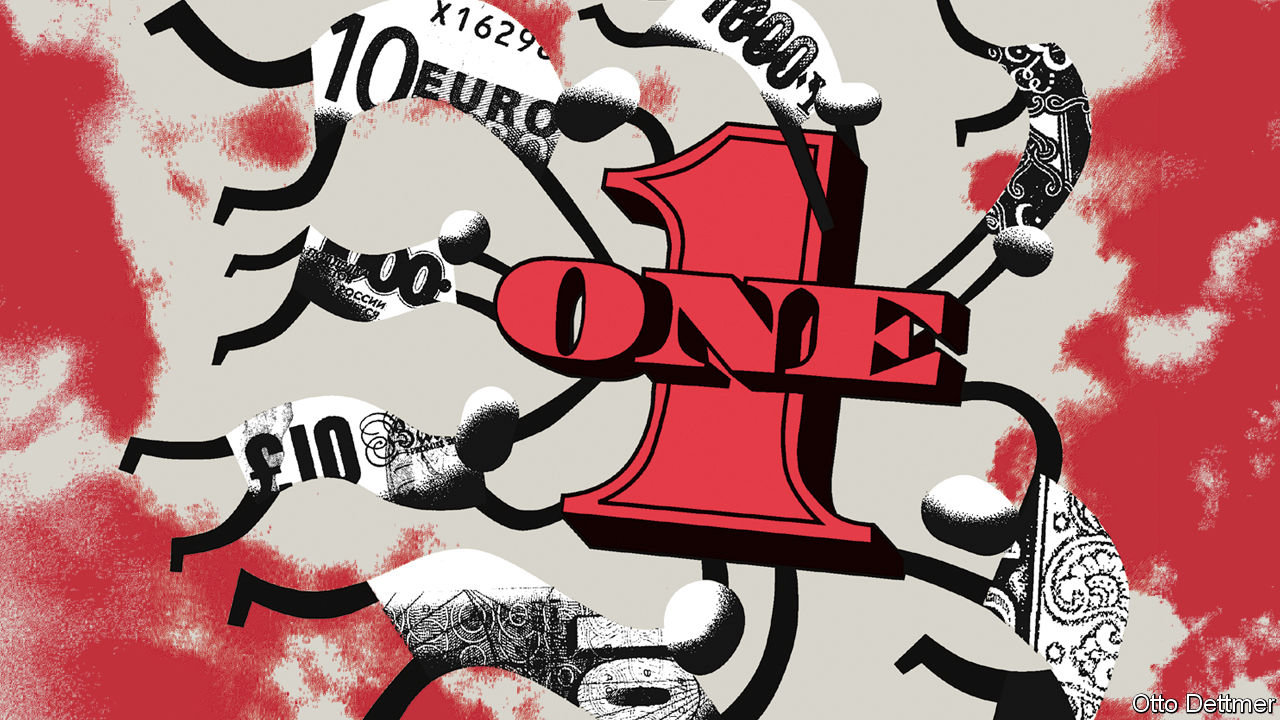Sorry for your loss Michael and good on you to stand up to this nonsense.I stand my ground. 'Gentlemen, either we take her in as agreed with your boss or nothing else happens here today other than we all stand about in this glorious sunshine and wait for the moon to rise', I say with a firm but nonthreatening smile of intent.

Also great how you diplomatically found a compromise by the use of gloves. A compromise they probably wouldn't have thought of themselves.










